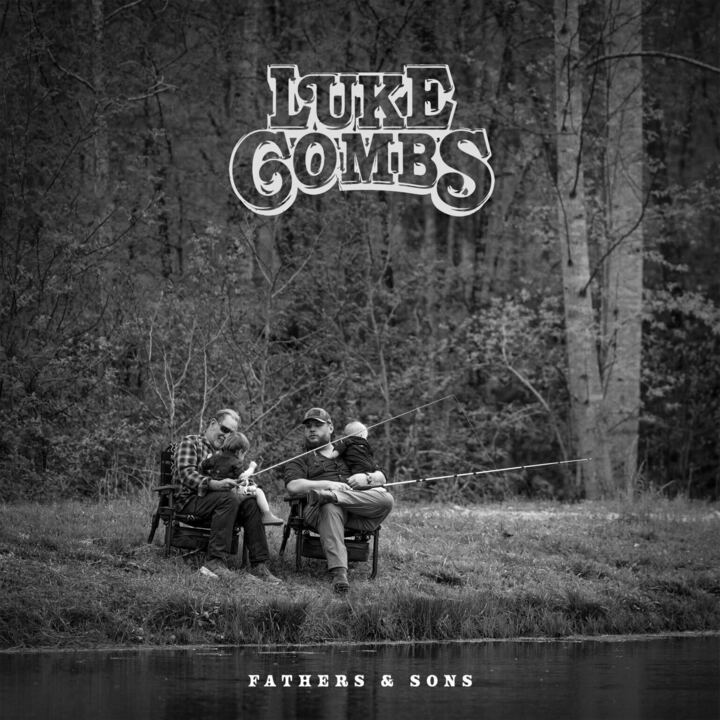Music therapy could help prematurely born babies regain brain functionality and go home up to two weeks sooner after birth, saving more than $2,000 per day, according to a visiting professor.
Music therapy research in the field of neonatology aims to reduce the amount of time a premature baby spends in the hospital, said Jayne Standley, a professor at Florida State University. Using the therapy, the baby can begin living a normal life at home without the physical and mental burdens of medical treatment, according to Standley.
The faster a premature baby begins a normal life, the lower the baby’s chances of developing major learning disabilities as the baby grows up are, Standley said.
“If the baby remains overstimulated from hospital sounds, lights and sensations, brain cells divide in an overstimulated state, which leads to faulty wiring in the brain,” Standley said. “Later on, in older children, we see hyperactivity and attention deficit disorder. … Every new stimulus causes the child to look around and try to focus, but they just cannot pay attention.”
Marcie Moynihan, a registered neo-natal intensive care nurse at Seton Medical Center, also said loud noises and bright lights could work against giving babies the best care possible, but modern NICUs train their nurses to limit these disturbances.
“When I started in NICUs in the 1970s, they were loud with alarms going off,” Moynihan said. “Nowadays, it would be a pretty unsophisticated NICU to not address those noise and light issues.”
Music therapy teaches premature babies how to breathe regularly, and Standley said doing so helps the children become independent from their medical life-support systems.
“In seconds after the music starts playing, oxygen saturation in the lungs begins to rise because the baby begins to breathe in rhythm with the quiet music,” Standley said. “Music makes pleasure hormones flood the baby’s neurological circuits.”
NICUs in general hospitals have too many other expenses to consider starting a music therapy program, Moynihan said.
“If you have a list of a whole bunch of things that you need in a NICU, I would consider music therapy a lower priority,” Moynihan said.
Local opera singer Alison Trainer said the research’s findings strongly corresponded with her personal experiences with deaf babies’ reactions to hearing music for the first time after cochlear implants.
“I have a dear friend whose baby was born with severe hearing loss,” Trainer said. “When the baby got cochlear implants, his response to the opera singing was obvious — obvious and profound.”




















